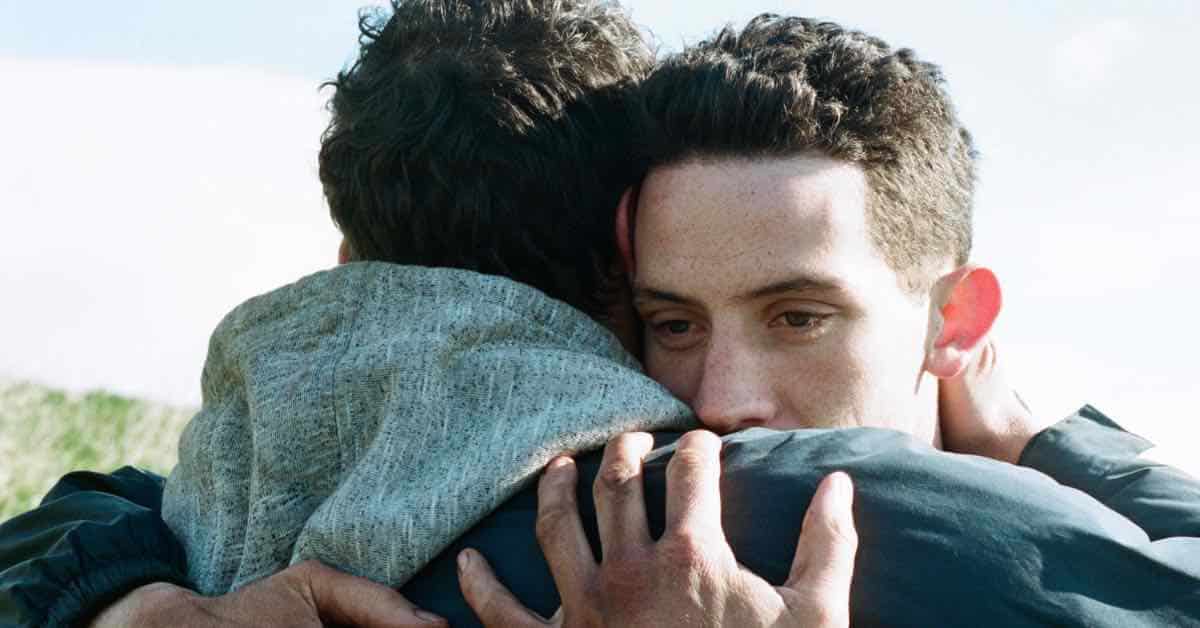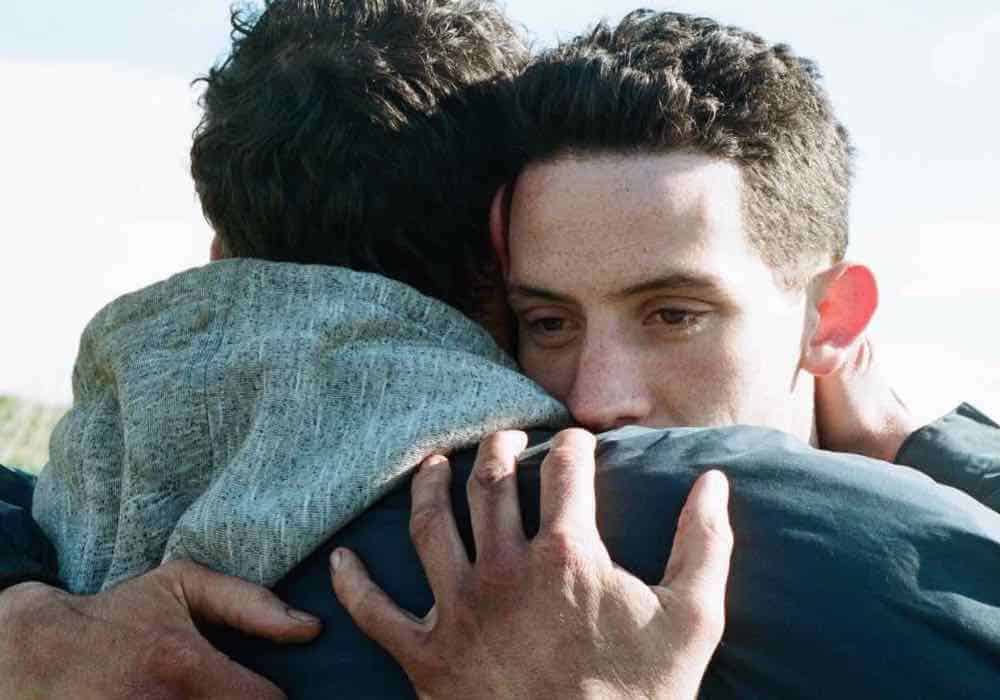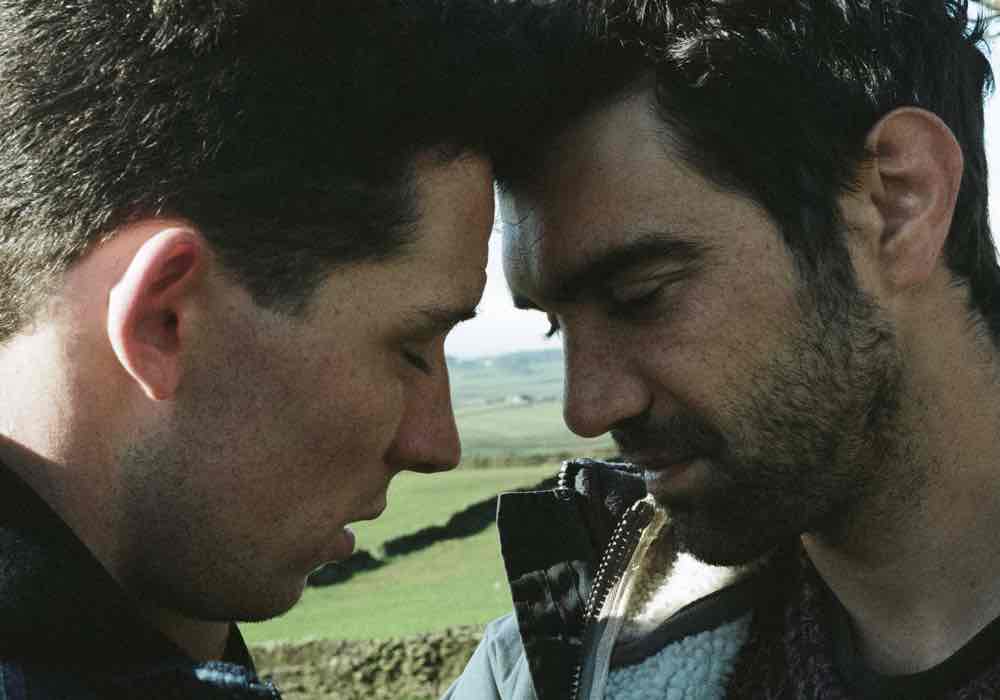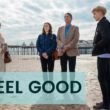Josh O’Connor is the primary reason to see both Emma. and Hope Gap. Alex Heeney looks at what makes his performances so memorable.
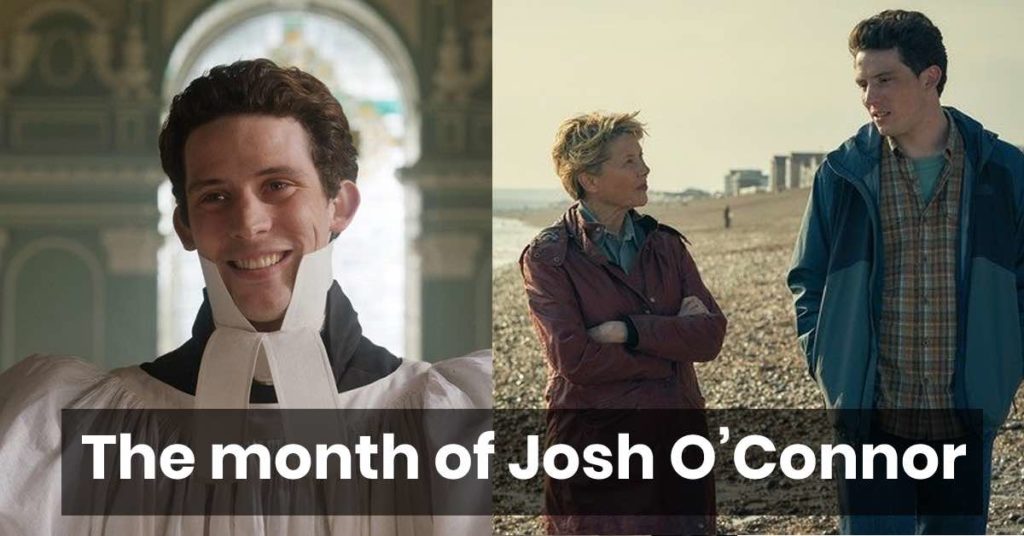
Discover one film you didn’t know you needed:
Not in the zeitgeist. Not pushed by streamers.
But still easy to find — and worth sitting with.
And a guide to help you do just that.
Despite the fact that he’s only a supporting player, Josh O’Connor is the primary reason to see both Emma and Hope Gap, both released in the past month. In Emma, he plays a scene-stealing Mr. Elton, the overconfident vicar whom Emma intends for her poor friend Harriet, but who fancies himself a better match for the high-born Emma. Following in the footsteps of Alan Cumming’s Mr. Elton from 1996, O’Connor amps up the vicar’s pomposity, ridiculousness, and vulnerability to great comedic, and even heartbreaking, effect. In Hope Gap, O’Connor plays Jamie, the adult son of Edward (Bill Nighy) and Grace (Annette Bening), who suddenly finds himself caught between his divorcing parents. Though the film is effectively a three-hander, O’Connor is only onscreen for about a third of the runtime. Yet he is the only character to add serious emotional heft to an undercooked script, and so his scenes are surprisingly affecting.
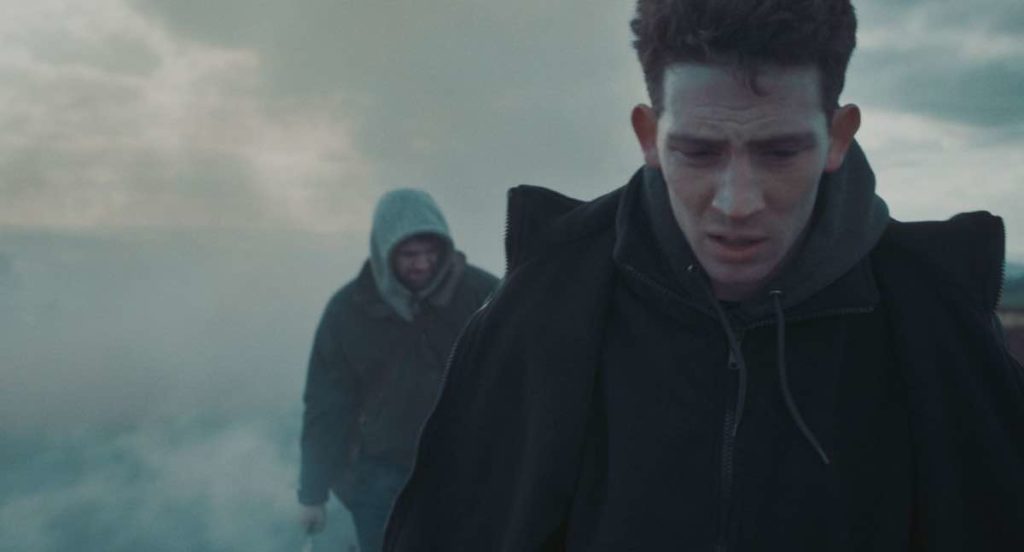
Since his breakout role in 2017’s God’s Own Country, as the emotionally closed off farmer Johnny (I interviewed O’Connor about the role and his career for our God’s Own Country ebook.), O’Connor has consistently been making a name for himself as the essential actor to watch in everything he’s done. And that’s no easy feat when you’re playing against Olivia Colman, Tobias Menzies, Derek Jakobi, Bill Nighy, and Annette Bening. To be fair, O’Connor has been doing consistently A+-level work in B-quality projects, but he’s made every single one of them worth watching, including the painfully stupid indie Only You, for which he won his second consecutive BIFA for Best Actor.
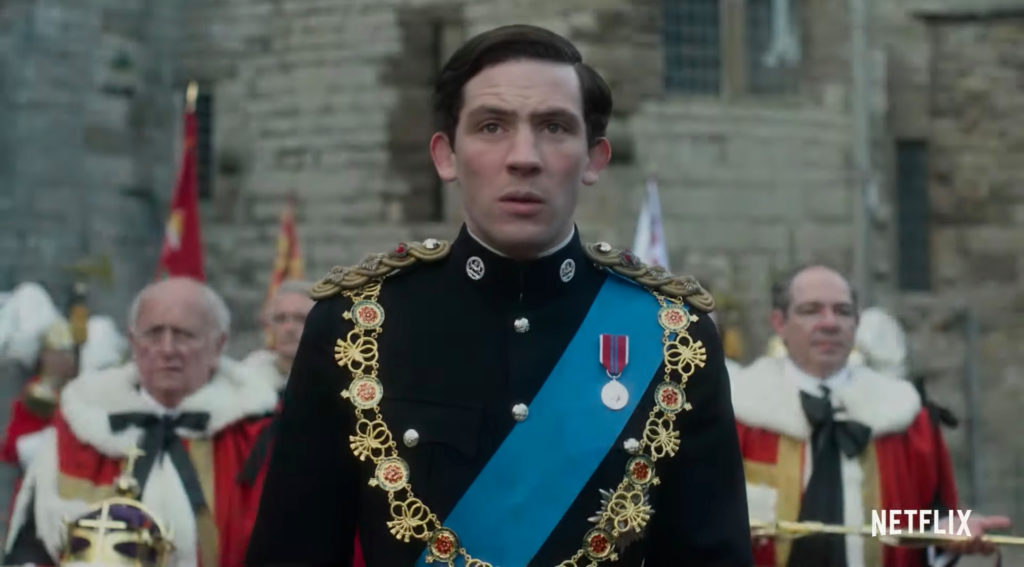
The Crown’s third season, which dropped last November, had growing pains; the writers’ poor choice to remove the serialized nature of the series made it regularly dreary if not downright boring, giving its many great actors little to do. Enter O’Connor as young Prince Charles, ears and all, whose showcase episode was the season highlight: his slouchy, eager, and uncertain Charles actually made me feel unexpected sympathy for the prince.
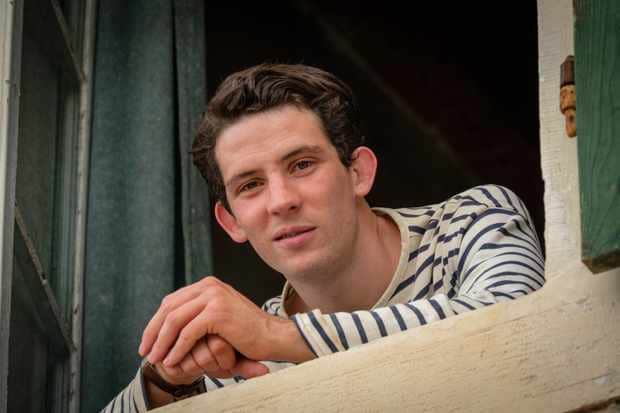
The one exception to his disappointing recent run of projects has been the consistently amazing series The Durrells in which O’Connor gives a hilarious and heartfelt performance as Larry Durrell. Larry, along with his mother, Mrs Durrell (Keely Hawes), has always been the heart of the show. When O’Connor disappeared for a chunk of the show’s fourth and final season last year, I was positively peeved.
Josh O’Connor is ready to be vulnerable
In 2017, Alex Heeney wrote a career profile on Josh O’Connor, with an in-depth interview with the actor on all of his work to date, including on God’s Own Country.
Emma.
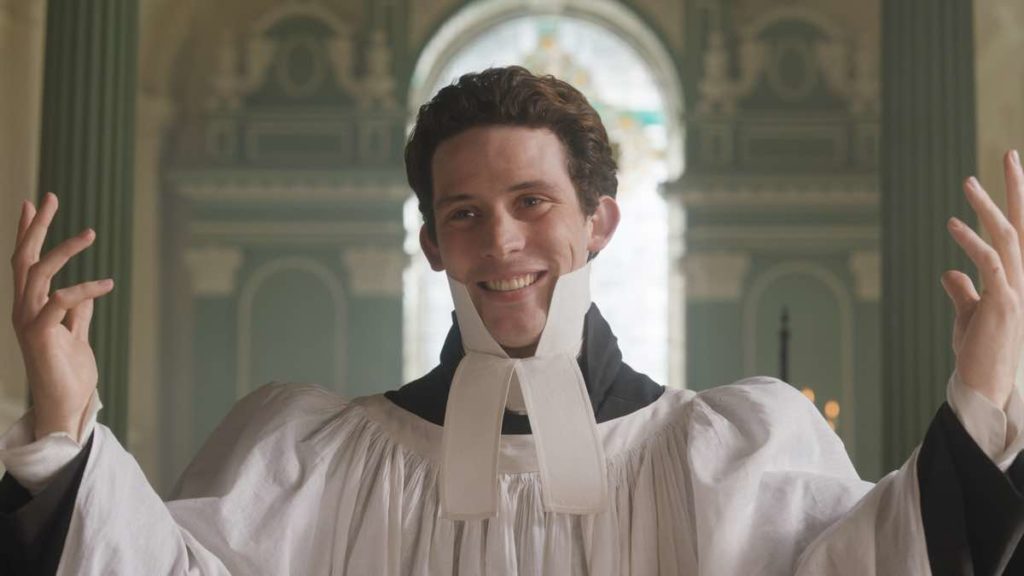
The first time we meet O’Connor’s Mr. Elton in Emma., he’s officiating a wedding with gleeful self-aggrandizement. Looking to the heavens, he announces in a high-pitched sing-songy voice, “We are gathered here today…” When he reaches the vows, he lowers his eyes in the direction of the groom with a decisive pause, reciting, “this man”, and then makes a show of shifting his eyes to the bride, pausing with comedic effect to spout, “and this woman.” It’s a series of subtle choices, but the perfectly timed movement of his eyes is enough for O’Connor to get the biggest laugh in the film thus far.
I have my reservations about the slapstick approach to Austen taken by Autumn de Wilde in this adaptation (listen to our recent podcast on the film). But since Mr. Elton is already a thoroughly ridiculous man, O’Connor’s low-key physical comedy here is welcome, an amusing take on Austen’s character, which still fits within de Wilde’s heightened world. Indeed, his Mr. Elton often feels like one of Austen’s other famously irritating and silly clergymen, Mr. Collins, of Pride & Prejudice — especially in his repeated failed attempts to make any comment at all at a large dinner party, finally interrupting on the topic of the weather.
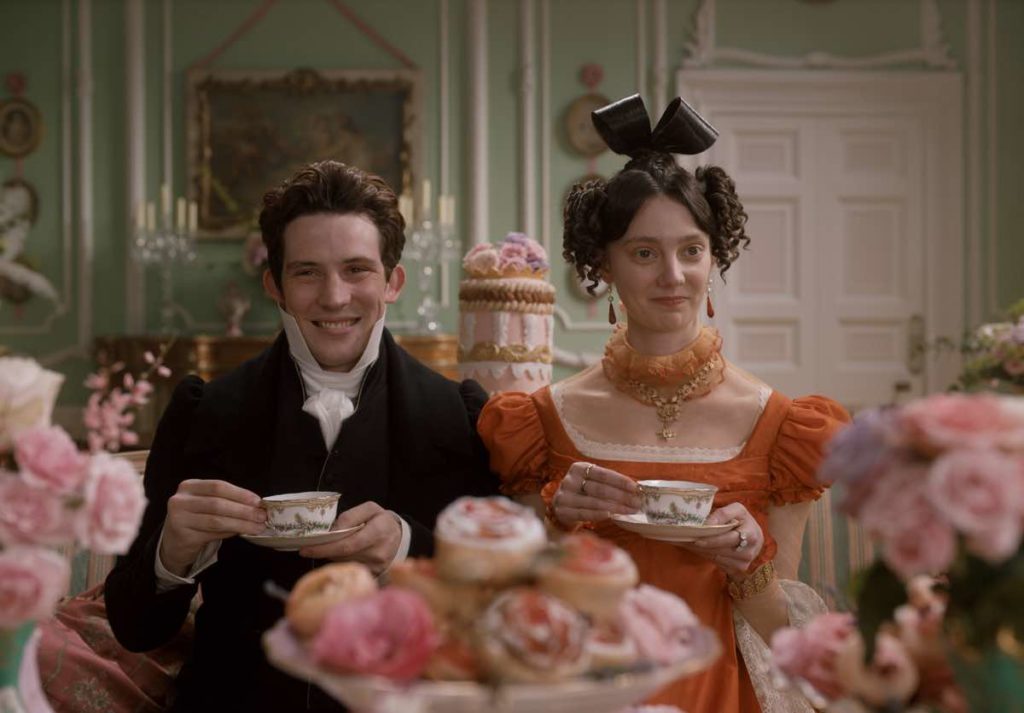
In an adaptation where Emma herself is the least interesting part of the film, O’Connor’s Mr. Elton positively jumps off the screen, thanks to so many creative gestures that never feel too much in a film that often tries for just that. When Mr. Elton reveals the frame he had made especially for Emma’s portrait of Harriet, he does so with a grandiose hand flourish fitting a magician. When he introduces his new wife to Emma (who had previously rejected his proposal), he sits quietly while aggressively eating sweets — his mouth full enough to register every chew, and a death stare of smugness directed at Emma.
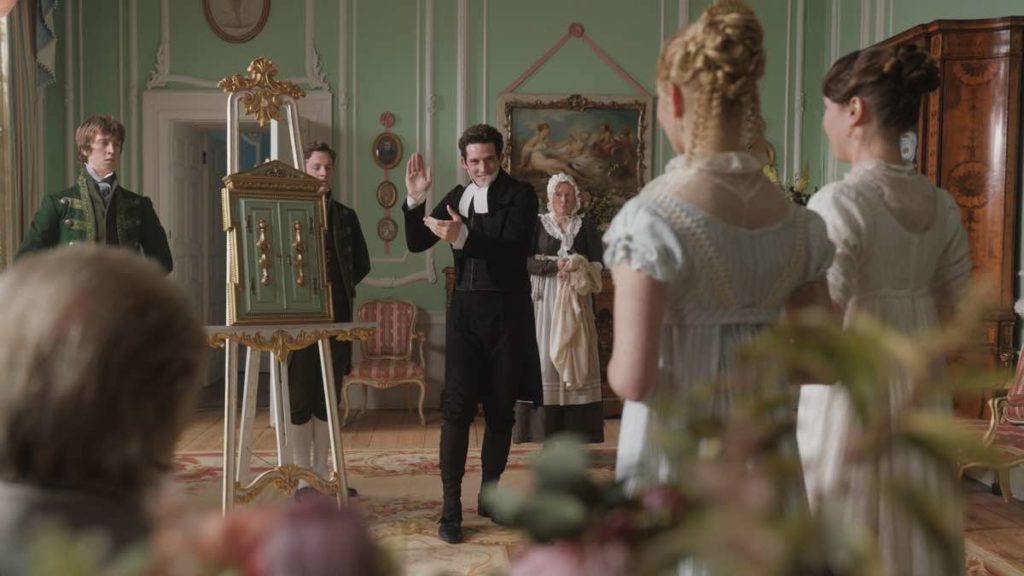
But what makes O’Connor’s Mr. Elton perhaps the best interpretation of Austen’s character to date is O’Connor’s trademark vulnerability. When his offer of marriage is unexpectedly rejected by Emma, O’Connor becomes physically unsettled, losing his bravado, before quickly becoming almost infantile in his anger. He bangs sharply and repeatedly at the top of the carriage like a child throwing a tantrum, unable to sit still and maintain his decorum until the conductor stops to let him out. At the dance where Emma and Mr. Knightley share their first major romantic moment, O’Connor can be seen in the background looking wistfully at Emma; he’s not moping, but there’s a sadness in his eyes. That melancholy is even more poignant when he officiates their marriage, this time without the excessive flourishes of pomp and circumstance — finally correctly pronouncing the word ‘innocence’ — because he’s too heartbroken to put on the excessive airs that defined him when the film began.
Listen to the podcast on Emma
Hope Gap
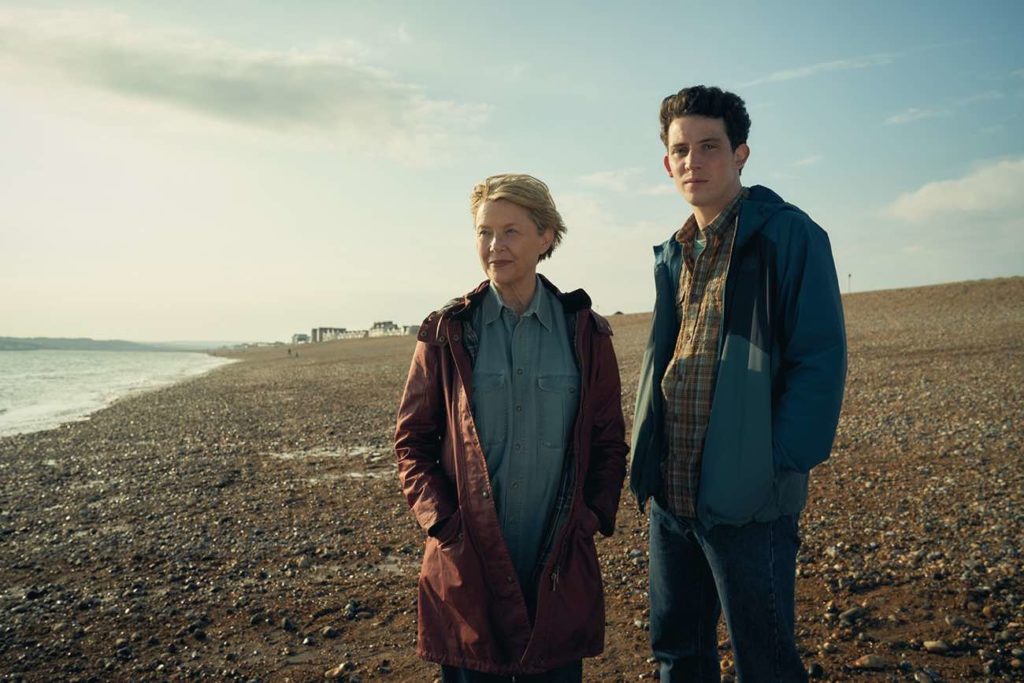
When we first meet Jamie in Hope Gap, he’s reluctantly returning to his parental home for the first time in many months: he lumbers to the door, takes a deep breath, and once inside, finds himself slouching into a teenage slump in his bedroom with his phone. Being home is stressful for him because he’s forced to play referee for his parents’ passive aggressive squabbles. So he retreats to his room whenever possible, and otherwise, retreats into himself, curling in to take up less space. He almost never looks them in the eye, and searches for any excuse to look away entirely: making tea, fidgeting, cleaning up. Whether he’s trying to hold his parents’ marriage together or hold them each together as individuals, O’Connor shows us how Jamie keeps trying to escape while doing everything he can to stay calm and be the adult, even while his voice breaks, tears brim, and his entire body tightens.
While Hope Gap is largely focussed on the breakdown of the relationship between Edward and Grace, O’Connor brings uncommon psychological depth to the part of the son who has been traumatized by his parents. The weight of his role in their marriage, the need for him to play the part of parent, is borne in his physicality. O’Connor becomes the heart of the film, bringing depth and complexity to a part that could have been one-note in the hands of another actor: as written, he’s more of a sounding board for his parents than an individual himself.
As much as Jamie tries to stay out of his parents’ relationship, he can’t help but be drawn in. When he overhears a fight between his parents downstairs, he runs to help his mother clean up. He speaks plainly to her, telling her not to be cruel to his father, asking her not to interfere in his life, and reminding her that she’s incapable of listening. He can’t help but smile at her humour, but he’s still evasive: staying focused on the task of cleaning up, looking away whenever he can, and shrugging off all of his mother’s prying into his personal life.
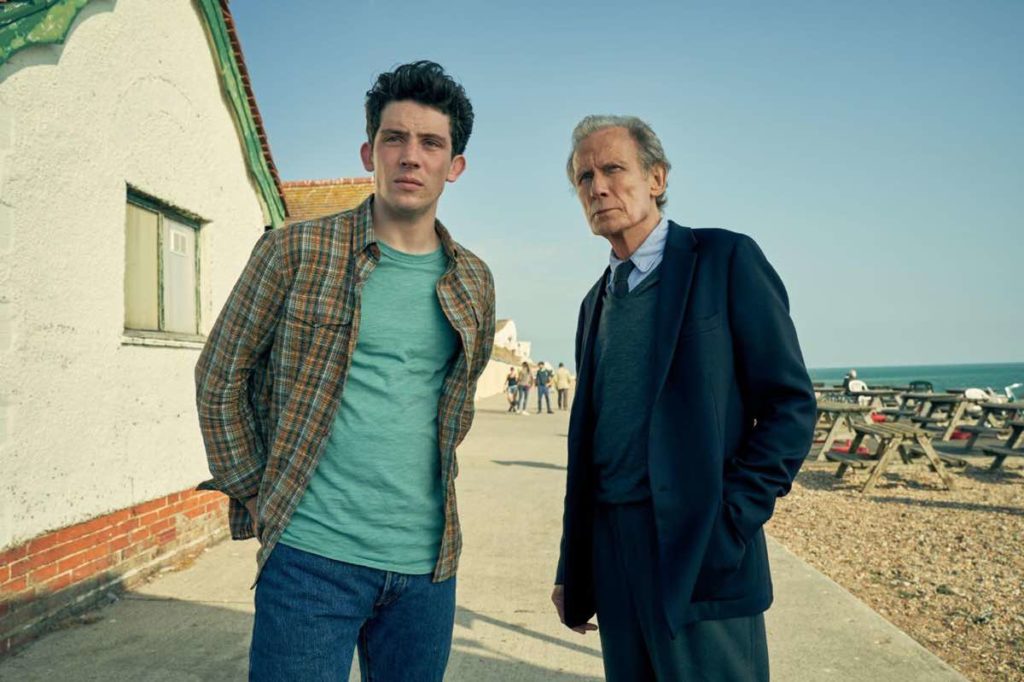
O’Connor manages the difficult balancing act of showing us how frustrated and exhausted Jamie is by his parents’ relationship, and yet how he still looks up to them. When Edward tells Jamie that he recognizes the sound of Grace breathing when she calls him and hangs up. Jamie repeats, in a cracked whisper, “You recognize—”, before looking away. It’s a kind of intimacy he can’t imagine having or letting go of, and he spends the rest of the scene sniffling away his tears, avoiding Edward’s eyes, and trying to walk away as soon as possible. O’Connor lets us see how much tenderness Jamie has for his parents, even if he sometimes sees them as children. He can’t help but smile privately when his father buys an ice cream on the beach, or smile at his mother’s declaration, when she goes to sign her divorce papers, that it would be preferable had her husband died. And when she finally gets back a desire to live, he beams at her with such admiration and love as he helps her with her poetry anthology project. Jamie is as enamoured with her, we see, as Edward tells us he once was.
The characters in Hope Gap are frustratingly underdeveloped, with Grace unable to understand her relationship or listen over decades and Edward’s quiet passivity. They pretend to be OK, but the film never really investigates why. Similarly, the effect their relationship has had on Jamie is underbaked: is he afraid of intimacy because of them? Is he unable to let them go? Just how much does he have to play peacemaker and how long has this been going on? O’Connor brings uncommon depth to this part just in the tension of his shoulders, the shifting in his eyes; his physicality adds complexities that the script glosses over. We feel his discomfort being with his parents, and how that tension ramps up when he enters a scene with them, just as he deflates when he gets to leave.
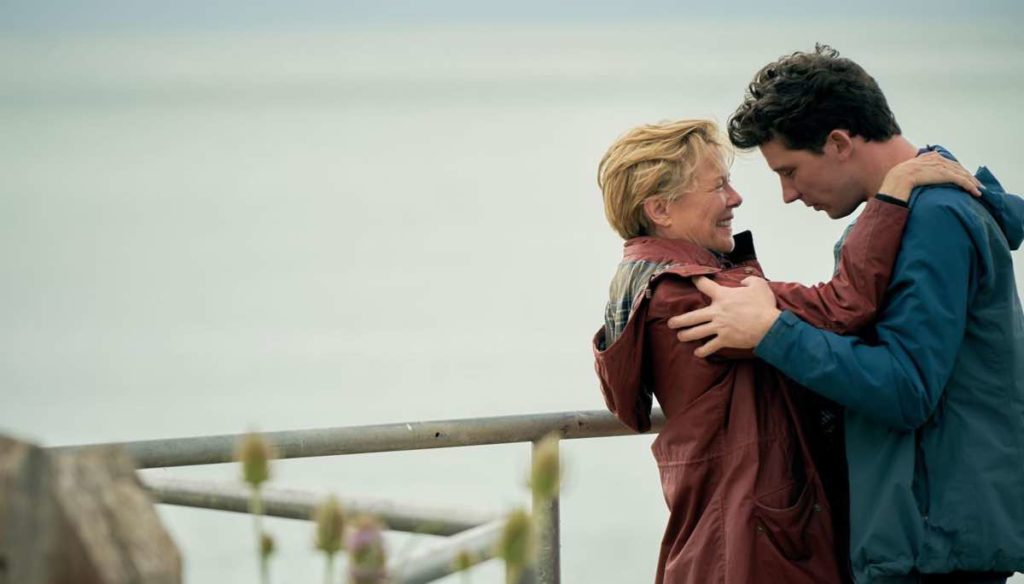
In a film largely about people with high emotions who don’t know how to express or communicate them, O’Connor’s is the only performance that actually hit me, emotionally. At the sea, Jamie breaks down more than he’s allowed himself so far, feeling broken and lost in front of his mother instead of putting up a strong front. When he asks her to give him warning should she commit suicide, while begging her to also give him hope, it’s heartbreaking. He’s caught between looking to his mother as a beacon of maturity and caring for her like something fragile, and it’s finally too much for him. And surprisingly, to both of them, the fact that he can actually articulate this difficulty is what allows the two of them to finally communicate rather than to talk around each other. When he hugs his mother this time, it’s not out of obligation but his own necessity, squeezing her tight for comfort and to ground her to him.
